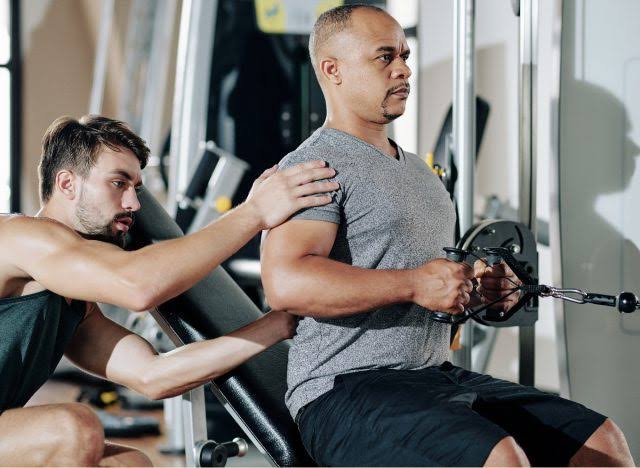Any resource on healthy lifestyle advice will recommend that you take part in regular exercise. Keeping fit not only has it’s distinct advantages for your internal and external body health, but it also improves your mental wellbeing. However, exercise can lead to a number of injuries, from minor strains to more serious ligament damage and broken bones. But this fact should not put you off keeping fit and trying out new and exciting sporting activities. With the right knowledge on how to prevent and treat sporting injuries you can ensure safe and enjoyable physical exercise.
Sports injuries – what are they?
The term sporting injuries is wide; it covers all physical damage caused by accident. Some examples of sports injuries are strains, sprains, bone fractures, head and spine injuries. You can experience a sports injury almost anywhere on the body, but the knees and ankles are the most common areas.
What are the common causes of sports injuries?
Sports injuries most commonly occur:
- when there is an accident (e.g. a fall while playing soccer);
- when you use the wrong or faulty gear or equipment;
- when you use incorrect technique; and
- when you fail to stretch and warm up before commencing a workout.
What measures can you take to avoid a sports injury?
By practising exercise in a responsible and safe manner, you will limit your chance of injury. So, you should always take time to warm up your body before starting any exercise. Light movement to raise your heart rate satisfactory. You should also stretch your muscles following physical activity. You must make sure you get professional training before starting a new form of exercise. This will ensure you use the correct technique and will limit your risk of suffering an accident. Proper gear should also be worn to protect your body from injury. This equipment will depend on the exercise but includes cycling helmets, knee pads, mouth guards and wrist and ankle support.
What happens if you do experience a sports injury?
Minor sporting injuries can usually be treated at home. You should rest for 2-3 days post injury. During this period apply regular ice packs to reduce swelling. Painkillers can be taken to deal with any soreness. If the pain persists, you should visit your doctor in the first place, who will most likely refer you to a specialist clinic like CT Family Physical Therapy. The specialists will create a program to help you restore the movement and function in the affected area and deal with the pain. Serious injuries like broken bones or torn ligaments may require surgery.
A summary
By taking safety precautions when exercising you will limit your risk of experiencing a sports injury. However, accidents do occur from time to time. But, with the appropriate treatment, whether that be at home or with the help of a medical professional, you can limit the long-term effects of your injury. The most important thing in any case of injury is to allow your body to recover slowly and to seek medical advice from your physician if you are at all concerned.




